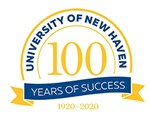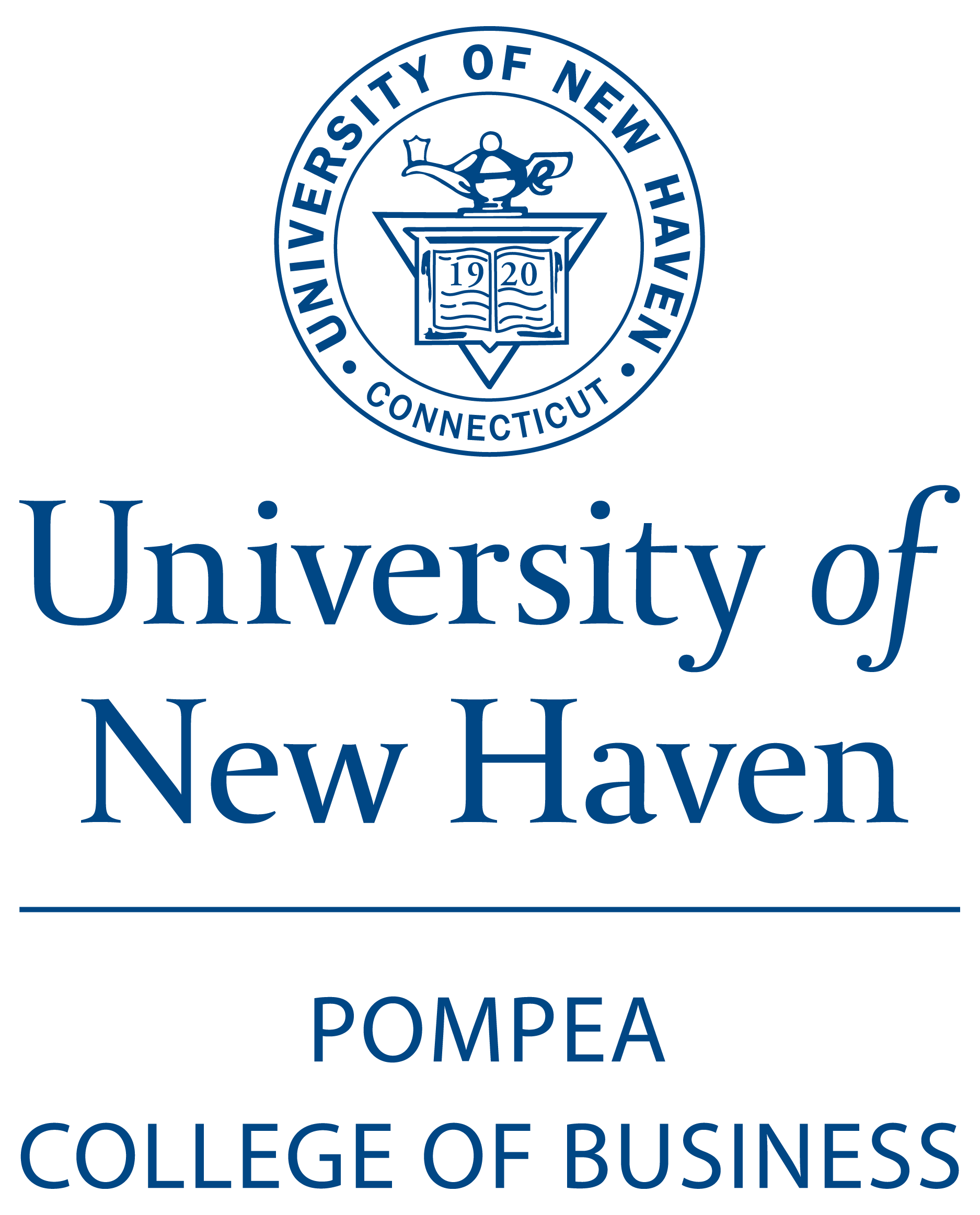Abstract
The paper investigates the impact of minimum wage increase on college enrollment in the U.S. using a panel of 50 U.S. states during the period 2009-2018. By examining the impact of minimum wage on college enrollment, particularly within different types of post-secondary institutions, our study adds to the existing literature. This is a departure from previous research, which predominantly concentrated on two-year college enrollment. We find evidence that raising minimum wages adversely affects overall college enrollment. However, the results vary depending on the type of colleges. The increase in minimum wage has a negative impact on the enrollment of two-year colleges, while positively affecting the enrollment in four-year public colleges. We use state level aggregated data and estimate our results using a System Generalized Method of Moments (System GMM) to account for endogeneity concerns surrounding the minimum wage and college enrollment.
Creative Commons License

This work is licensed under a Creative Commons Attribution-NonCommercial 4.0 International License
Recommended Citation
Mandal, Arindam; Rai, Sumant; and Shukralla, Elias K.
(2025)
"Does Higher Minimum Wage Discourage College Enrollment? A Cross-State Empirical Study of the United States,"
American Business Review: Vol. 28:
No.
2, Article 13.
DOI: 10.37625/abr.28.2.618-634
Available at:
https://digitalcommons.newhaven.edu/americanbusinessreview/vol28/iss2/13
DOI
10.37625/abr.28.2.618-634



